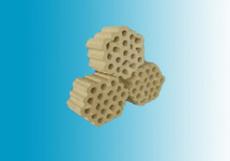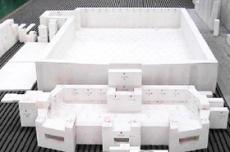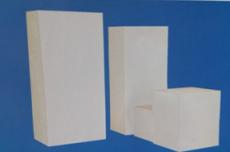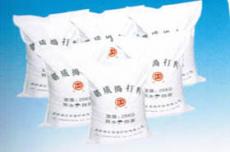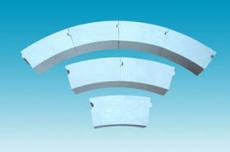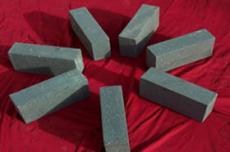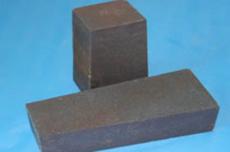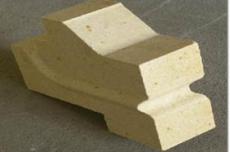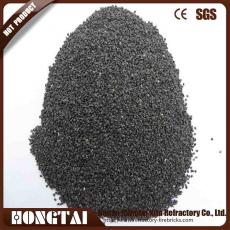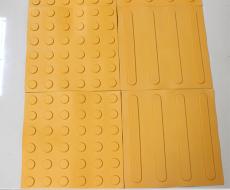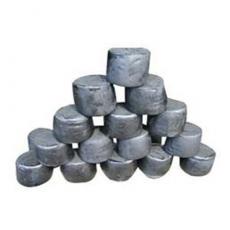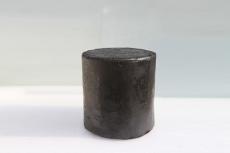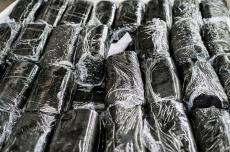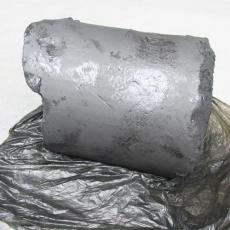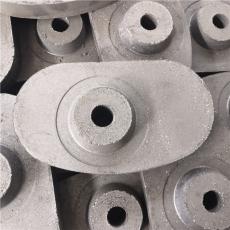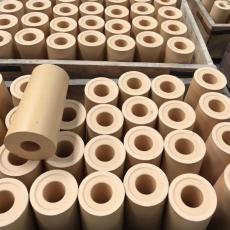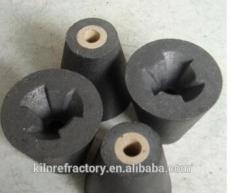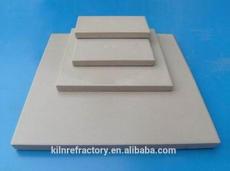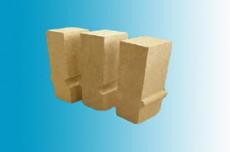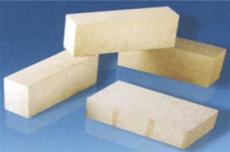
Refractory materials play a crucial role in the construction of fiberglass kilns due to the extreme temperatures and corrosive environments encountered during the glassmaking process. Several types of refractory materials are commonly used in fiberglass kilns, each offering specific advantages tailored to the unique requirements of glass production. The most prevalent refractory materials in fiberglass kilns include:
1. Alumina Silicate Brick (Firebrick): Firebricks are a staple in fiberglass kilns due to their high refractoriness and resistance to thermal shock. Composed primarily of alumina and silica, these bricks provide excellent insulation and structural integrity, crucial for maintaining consistent temperatures within the kiln. Firebricks are used in areas of the kiln subject to direct heat exposure, such as the combustion chamber and the lower sidewalls.
2. AZS (Alumina-Zirconia-Silica) Brick: AZS bricks offer exceptional resistance to chemical corrosion, making them well-suited for areas of the kiln exposed to molten glass and aggressive by-products. The combination of alumina, zirconia, and silica in AZS bricks imparts superior durability and thermal stability, mitigating the risk of material degradation and extending the kiln's service life. These bricks are commonly used in the glass melt tank and forehearth sections of fiberglass kilns.
3. Silica Brick: Silica bricks are prized for their high silica content, which imparts excellent resistance to thermal shock and abrasion. While not as chemically resistant as AZS bricks, silica bricks find application in areas of the kiln where direct contact with molten glass is minimal, such as the upper sidewalls and crown. Their superior thermal insulation properties contribute to energy efficiency and temperature uniformity within the kiln chamber.
4. Mullite Brick: Mullite bricks are valued for their high alumina content and low thermal conductivity, making them ideal for use in the transition zones of fiberglass kilns. These areas, where the temperature gradient between the hot and cold zones is most pronounced, require materials capable of withstanding thermal cycling without compromising structural integrity. Mullite bricks offer excellent thermal shock resistance and mechanical strength, enhancing the kiln's reliability and performance.
5. Insulating Refractory Materials (e.g., Ceramic Fiber): In addition to dense refractory bricks, fiberglass kilns often incorporate insulating materials to minimize heat loss and improve energy efficiency. Ceramic fiber blankets, boards, and modules are commonly used to line the kiln's walls and roof, reducing thermal conductivity and enhancing temperature control. These lightweight materials complement the dense refractory bricks, providing an additional layer of insulation without sacrificing mechanical strength.
Why Use These Refractory Materials?
The choice of refractory materials in fiberglass kilns is driven by several key factors:
- Temperature Resistance: Fiberglass kilns operate at extremely high temperatures, necessitating refractory materials capable of withstanding thermal stresses without deformation or failure.
- Chemical Resistance: Molten glass and volatile by-products in the kiln create a corrosive environment that can degrade conventional materials. Refractory materials such as AZS bricks offer superior chemical resistance, prolonging the kiln's lifespan and minimizing maintenance requirements.
- Thermal Insulation: Effective insulation is essential for maintaining uniform temperatures within the kiln chamber and optimizing energy efficiency. Refractory materials with low thermal conductivity, such as ceramic fiber, help minimize heat loss and improve temperature control.
- Mechanical Strength: Fiberglass kilns undergo mechanical stresses during operation, including thermal expansion and contraction. Refractory materials with high mechanical strength, such as firebricks and mullite bricks, ensure structural integrity and reliability under demanding conditions.
In summary, the selection of refractory materials in fiberglass kilns is a critical consideration that directly impacts performance, durability, and operating costs. By leveraging the unique properties of each material, kiln manufacturers and operators can create systems tailored to the specific needs of glass production, achieving optimal results in terms of quality, efficiency, and longevity.
